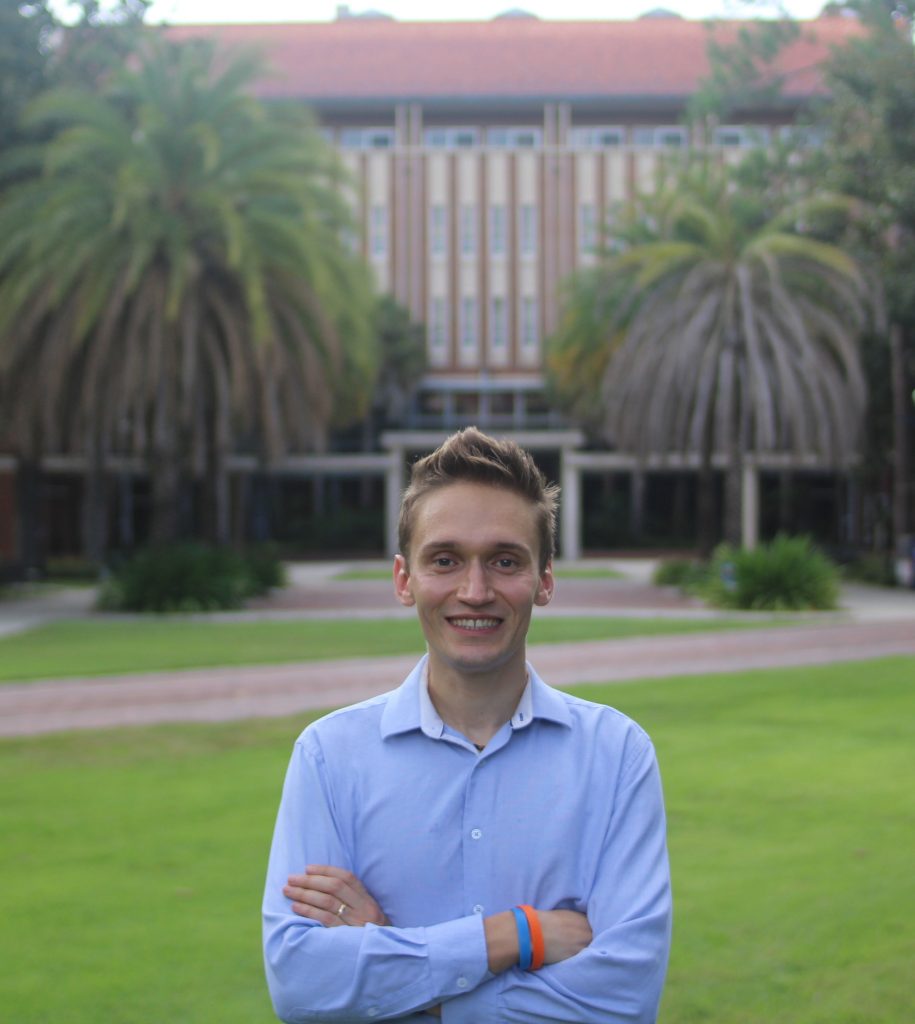
Hi! I am Ivan Ruchkin, an Assistant Professor at the ECE Department of the University of Florida.
I am also an affiliate member of:
– Department of Mechanical & Aerospace Engineering
– Nelms Institute for the Connected World
– Artificial Intelligence Academic Initiative (AI2)
– Intelligent Critical Care (IC3) Center
Potential students: if you are interested in joining my lab, please fill out this form.
Contact: if you have shared research interests or exciting applications, reach me at iruchkin at ece dot ufl dot edu.
Office: Malachowsky Hall 4103.
What I do
At the University of Florida, I lead the Trustworthy Engineered Autonomy (TEA) Lab. My research aims to make autonomous systems safer and more trustworthy. To this end, I develop techniques, tools, and methodologies for modeling, analyzing, verifying, controlling, and monitoring autonomous robotic and cyber-physical systems.
For more details, check out the TEA lab page, my summary of research projects, or my recent presentation slides.
What I did before
Previously, I was a postdoc in the PRECISE Center at the University of Pennsylvania, where I worked on uncertainty-aware guarantees for cyber-physical systems (CPS) with machine learning components. My postdoc work combined probabilistic, statistical, and logical techniques for the analysis and monitoring of these systems (e.g., confidence composition).
Back at Carnegie Mellon, my PhD thesis, “Integration of Modeling Methods for Cyber-Physical Systems”, developed a tool-supported modeling approach to enable correct and effective integration of diverse models and analyses for CPS. To this end, that research employed formal and algorithmic techniques to “bridge” the models and manage the analyses that interpret and change them. To learn more, read a popular summary “Modeling from the Ground Up” (pages 20-22) or visit my old CMU page.
I grew up in Moscow, Russia and received an undergraduate degree in Applied Math & Computer Science from Lomonosov Moscow State University. While there, I worked as a part-time software engineer and a UI designer for several years, and did research on the usability of software developer tools. This research reduced the proliferation of tool windows in integrated development environments.